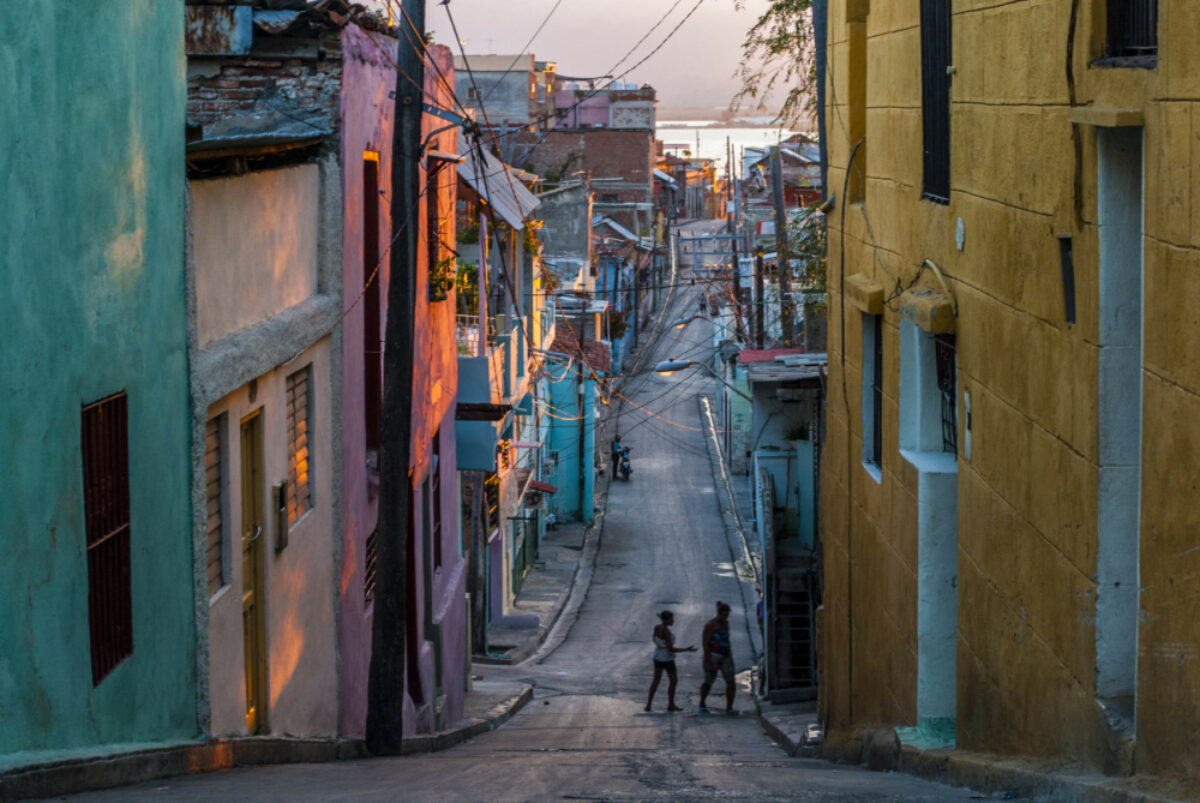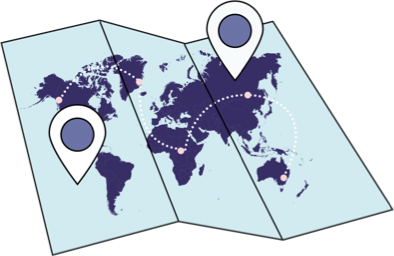Cuba: An old girl with a new heart
What the future holds for the Caribbean island
It was raining in the canyons of the Yumuri River and the downpour hissed as it met the water’s surface. Sheets of water cascaded from the rim of the gorge, nearly 200 metres above us. A woman fishing from a rock sheltered under a plastic sheet, and cast us a resigned shrug as we floated past. “Ay, que suerte” said Cabrito, the owner and helmsman of our small, open-topped wooden boat. “How lucky.”
The boat tipped sharply and Cabrito yelped as he corrected it. “Are there crocodiles in this river?” I shouted, above the sound of the rain. "There were,” he replied, wryly. “Until we ate them all."
There is a bitter joke that crops up frequently in Cuba about how Cubans will eat anything and everything. Bitter, because there was a time, still fresh in many memories, when people had few choices. By the early 1990s the collapse of the Soviet Union and ever-harsher trade restrictions imposed by the United States caused a collapse in agriculture, transportation and many other basic economic activities. There was precious little to eat during what became known as the “special period”, and Cubans had to make the best of things.
Cubans continue make the best of things. In the 40-some countries I’ve visited I have never met a more resourceful group of people. Cubans lack access to many of the most basic daily items that the developed world takes for granted. They’ve had to improvise. They’ve had to adapt. The creativity and cooperation they have developed was born out of necessity, and it makes Cuba one of the most fascinating and inspiring countries I’ve ever visited.

Santiago de Cuba
Credit: Jim O'DonnellThings have changed. In recent years Cuba has become the hot new travel destination. And as the relationship between the USA and Cuba evolves, the influx of visitors will profoundly and permanently alter this unique country.
Hopefully, the changes will be for the better. Cuba shouldn’t remain a living museum to the Cold War. If they want it, Cubans should have a right to the lifestyle the rest of us enjoy. Although tourism brings its own dangers it can – if properly managed – afford Cuba a new window of opportunity.
Near the far-eastern city of Baracoa I sat in a crowded 1954 Plymouth cab as we drove through another pounding rainstorm. Octavio, the driver, pulled off here and there to buy vegetables from roadside stalls and men just standing in the road with hands full of carrots, beets, or green beans.
Octavio stacked them up on his dash next to his smartphone and fan. He had recently overhauled his Plymouth, replacing the original engine with a four-year-old Nissan motor. He was proud. “Como una chica vieja con un corazón nuevo,” he said. “Like an old girl with a new heart.”
And that, is Cuba.




